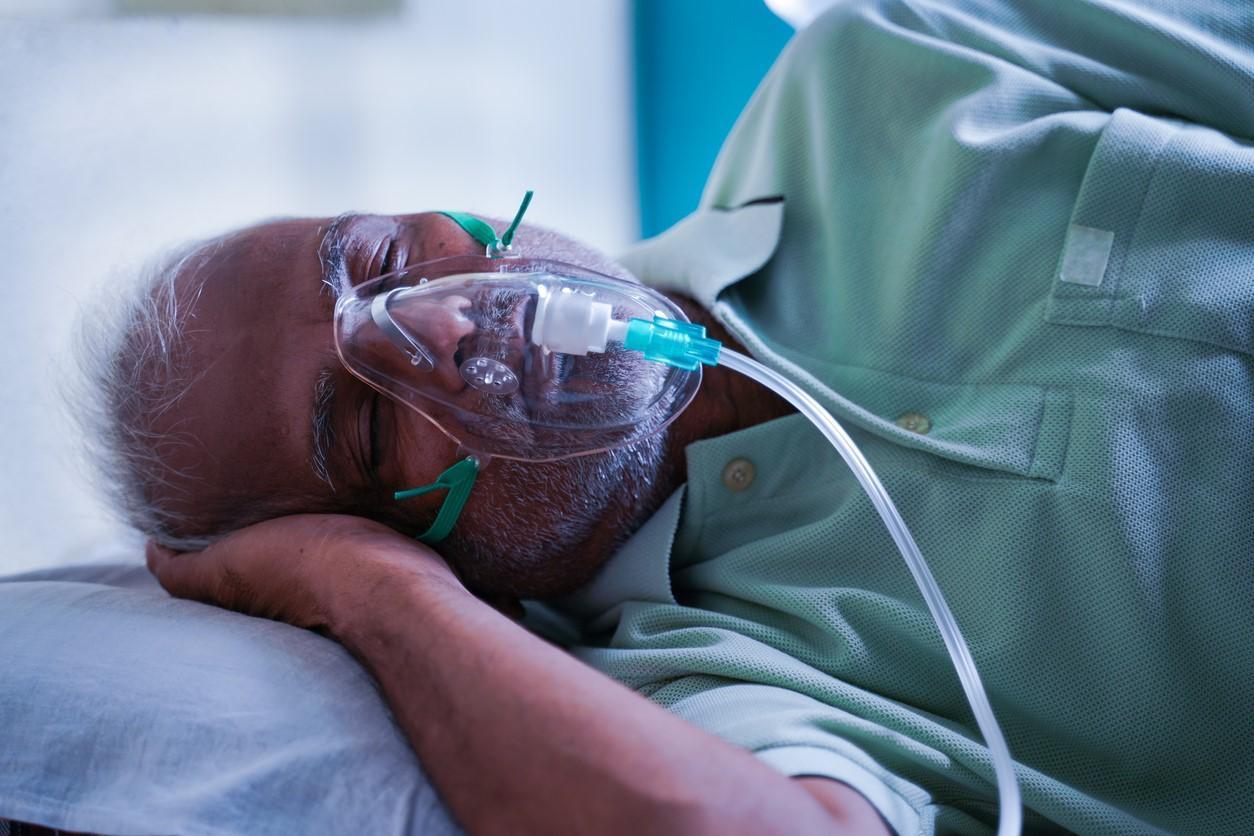Adults 65 and older hospitalized for respiratory syncytial virus (RSV) have higher rates of poor outcomes such as certain heart conditions, longer hospital stays, transfer to an intensive care unit (ICU), and 30-day death rates than patients hospitalized with influenza, urinary tract infection (UTI), or fracture, according to a new study in the Journal of the American Geriatrics Society.
The findings mean that the RSV vaccine should be recommended for people younger than 75 years old, the authors say.
Almost 1 in 5 have heart events within 1 year
For the retrospective cohort study, the research team obtained hospital discharge summaries for patients 65 and older who were treated for the four conditions in Ontario hospitals from 2011 through 2020 from the Discharge Abstract Database and Same Day Surgery database.
Primary outcomes included hospital admissions or emergency department visits for heart failure, myocardial infarction (heart attack), stroke, or atrial fibrillation coded as an admitting or main diagnosis up to 1 year following hospital admission for RSV infection, flu, UTI, or fracture. Secondary outcomes included death within 30 days of admission, readmission to the hospital within 30 days of discharge, transfer to a specialized care unit (ICU or step-down unit) during the initial admission, and length of hospital stay.
The investigators noted cardiovascular events for up to 1 year post-discharge in 18.5% of RSV patients, compared with 17.7% for flu, 12.1% for UTI, and 8.4% for fracture. In matched analyses, RSV hospitalization was tied to more subsequent heart failure than the other three conditions, both in patients with and without preexisting heart conditions.
The rate of atrial fibrillation was also higher in RSV patients, although it depended on preexisting heart conditions and which group of patients they were compared against. RSV patients were also 50% to more than three times more likely to be transferred to intensive care and had a 50% to quadruple higher rate of mortality.
They authors write, "The rate of heart failure up to 1-year post-discharge, regardless of pre-existing cardiovascular conditions, was significantly higher, as was atrial fibrillation."
Patients hospitalized for RSV had a 58% higher risk of 30-day mortality than those with flu, 49% higher than for those with UTI, and four times higher than for those with for fracture. For ICU admission, it was 48% higher, 3.6 times higher, and 2.6 times higher, respectively. And hospital stays were roughly a day longer for RSV than for the other three conditions.
Younger adults might need to be vaccine-eligible
The study authors conclude, "Our findings further substantiate the importance of RSV as a significant cause of short- and long-term health outcomes in older adults, and in particular, the rate of heart failure."
They add, "Our findings suggests [sic] that vaccine recommendations should be extended to all adults aged 65 years and older, not just those aged 75 years and older or those with pre-existing cardiopulmonary conditions."
Our findings reinforce the importance of RSV vaccination in older adults.
In a press release from Wiley, the journal's publisher, first author Chris Verschoor, PhD, of the Health Sciences North Research Institute, said, "Unlike other respiratory viruses, immunity against RSV tends to decline relatively quickly. This means that a previous infection will not afford the same long-term protection as it might for influenza or COVID-19.
"Our findings reinforce the importance of RSV vaccination in older adults and suggest that monitoring for signs of heart disease following an RSV illness may be pragmatic."



















